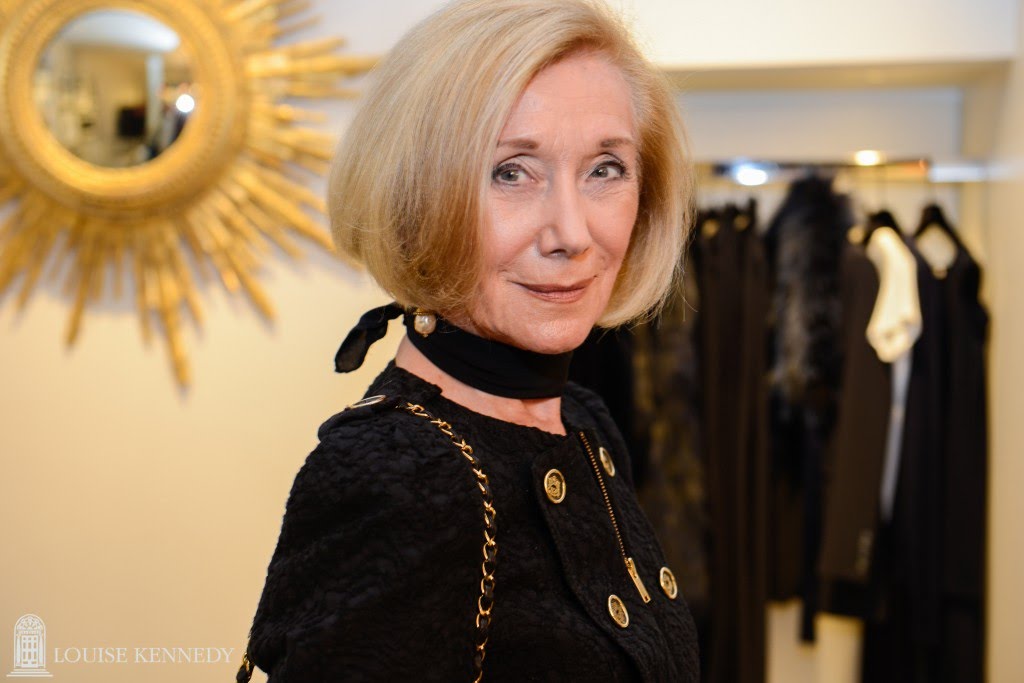

The “soft dunt” of a fridge door closing.

Kennedy is also quietly great at the smaller details. Cushla arriving for work at the pub, scrubbing the Ash Wednesday ashes from her forehead with a serviette that becomes “blackened, flittered”.

A street decked out in union jacks, “like Nuremberg”. “On the bypass, a fleet of grey Land Rovers was on the inside lane, bomb-proof maxi skirts skimming the tarmac”: the imagery is Cushla’s, of course, and brilliantly chosen. Through Cushla’sperceptions the details of 1970s Belfast – and of Cushla’s home village, “a garrison town, although it had not felt like one until 1969, when the troops were sent in” – become potently vivid. Trespasses keeps us close to Cushla’s heart throughout (and her name, she tells Michael, derives from the Irish phrase A chuisle mo chroi, “the pulse of my heart”). But as a novelist, she plays it straight.

In her short fiction, Kennedy goes at her subjects obliquely, as the best short story writers often do. The best of them play with the careful disclosure of information to create powerful, bleak accounts of blighted lives. Those stories were formally riskier than the novel has turned out to be. Born a few miles outside Belfast, she spent almost three decades working as a chef, before writing the stories that made up her first book, last year’s The End of the World Is a Cul de Sac. Kennedy, by her own account, came late to fiction writing. It is a story told with such compulsive attention to the textures of its world that every page feels like a moral and intellectual event. Trespasses is a novel distinguished by a quality rare in fiction at any time: a sense of utter conviction. But after a very few pages have passed, it becomes clear how little any of this stuff – the traditional plot, the conventional telling – is relevant. In fact its mode is what you might call low-realist: the strain of dogged unromantic telling that descends from Ernest Hemingway and the early James Joyce through (in Ireland) writers such as Brian Moore and Colm Tóibín. This is not a book that is interested in performing radical aesthetic surgery on the realist novel. Thus commences an affair that Cushla must keep secret from everyone, on pain – literally – of death. He invites Cushla to an “Irish language evening” with his bourgeois-bohemian friends, liberals who toy with pro-Republican politics. Michael is a Protestant barrister who defends young Catholic men who have been unjustly arrested. Here she meets Michael Agnew: handsome, middle-aged, sophisticated, married. She also does the odd shift in the family pub, which is frequented by leering and aggressive British soldiers. Cushla Lavery is 24 and works as a primary teacher in a school on the outskirts of Belfast. Plotwise, then, we’re in traditional territory.


 0 kommentar(er)
0 kommentar(er)
